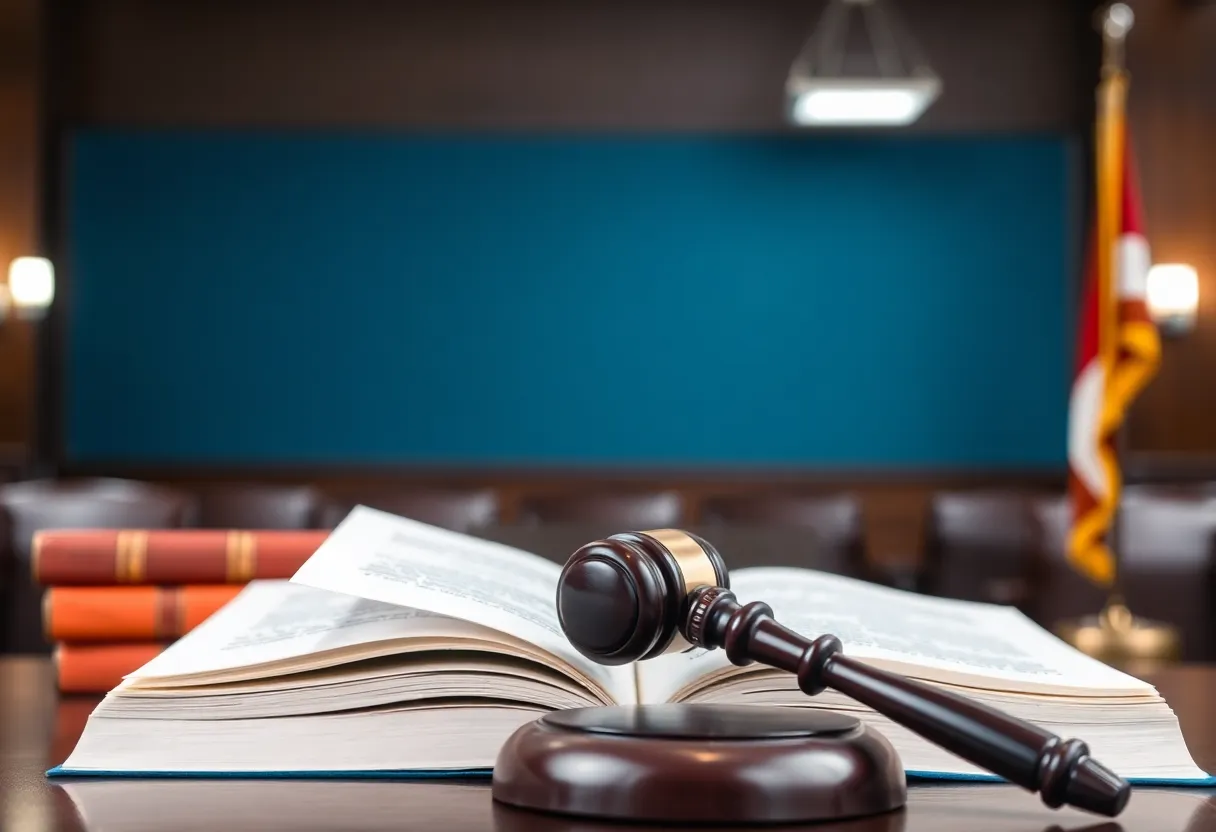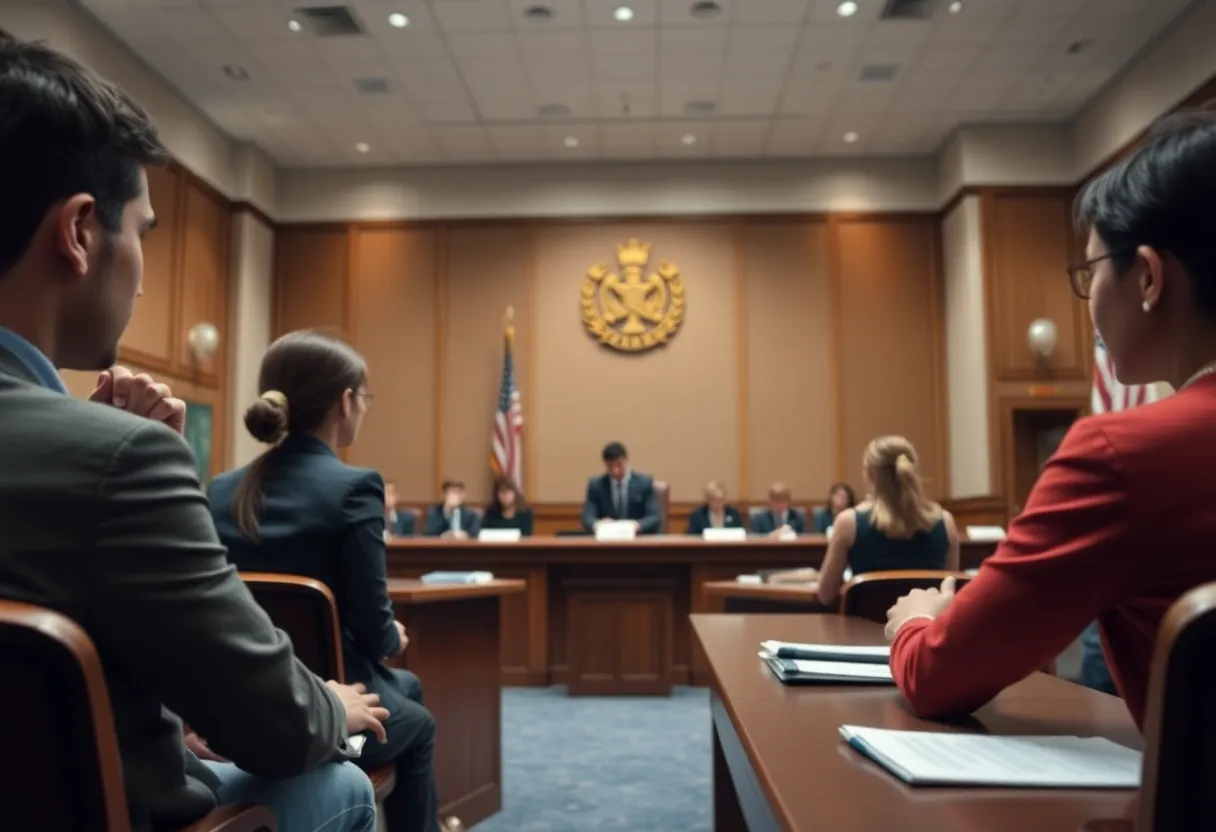News Summary
The Georgia Supreme Court has ruled that incriminating phone calls made by Barron Brantley from jail can be used as evidence in his murder trial. This ruling comes amid serious charges linked to the 2019 murder of Alexis Janaé Crawford, highlighting significant legal implications for the accused and broader future cases involving jail communications. Brantley had sought to exclude the recordings, but the court found that he had no reasonable expectation of privacy for calls not made to his attorney.
Georgia Supreme Court Rules Incriminating Jail Calls Can Be Used Against Barron Brantley in Murder Trial
In a significant legal development, the Supreme Court of Georgia has ruled that incriminating phone calls made by Barron Brantley while incarcerated in Fulton County Jail can indeed be utilized as evidence in his upcoming trial. This ruling comes as part of a high-profile case involving Brantley and his former girlfriend, Jordyn Jones, both facing serious charges related to the 2019 murder of Alexis Janaé Crawford.
Background of the Case
Brantley and Jones, who was a former roommate of Crawford, were arrested in connection with the unsettling killing that has left a mark on the Clark Atlanta University community. The timeline of events spans several years, highlighting the severity of the situation as both defendants await their trial.
Legal Proceedings and Jail Calls
While Brantley awaited trial, he engaged in a series of phone calls from jail, during which he made multiple statements that prosecutors believe are incriminating. Notably, these calls were not made to his attorney, a crucial detail that would play a role in the court’s decision. Prosecutors sought to introduce three of these jail calls as evidence.
Brantley’s Motion to Exclude
In a bid to keep the damaging evidence out of the trial, Brantley filed a motion arguing that the use of these calls would violate his rights under the U.S. Constitution, particularly regarding due process and equal protection, as well as his privacy rights under the Georgia Constitution. He contended that the calls mentioned inadmissible information, including his prior criminal history and statements made to law enforcement and the media.
Initial Ruling by Trial Court
In a preliminary decision, the trial court granted Brantley’s motion to exclude the jail calls. However, this decision was quickly challenged by prosecutors who appealed for a re-examination of the situation.
Supreme Court Hearing
On February 2, 2025, the Supreme Court of Georgia heard oral arguments regarding the case. The court ultimately determined that Brantley did not possess a reasonable expectation of privacy in the recorded calls that were not directed to his counsel. Furthermore, the court clarified that nonincarcerated defendants cannot be compared to those who are incarcerated in the context of Brantley’s claims.
Equal Protection Clause and Future Considerations
The Supreme Court concluded that the recording of Brantley’s jail phone calls for the purposes of the trial does not constitute a violation of the Equal Protection Clause. The case will now return to the trial court for further deliberation on additional arguments put forth by Brantley concerning the exclusion of certain portions of the phone calls.
The Georgia Supreme Court’s decision could have far-reaching implications not only for this case but also for future legal proceedings involving recorded communications in jail settings. As the trial approaches, the community remains watchful, grappling with the lasting effects of this tragic incident.
Deeper Dive: News & Info About This Topic
HERE Resources
Georgia Lawmaker Proposes Ten Commandments Display in Schools
Eminent Domain Dispute Erupts in Fulton County
The Circle Season 6 Premieres in Atlanta
Additional Resources
- Atlanta News First: Jail Calls Case
- 11Alive: Georgia Supreme Court on Jail Calls
- Fox 5 Atlanta: YSL RICO Trial Calls
- Daily Report: Georgia Court Phone Scam Warning
- Wikipedia: Jail Phone Calls







